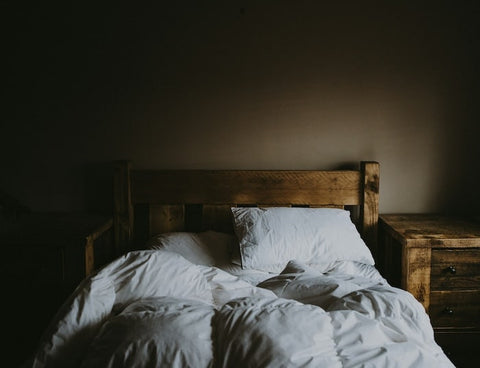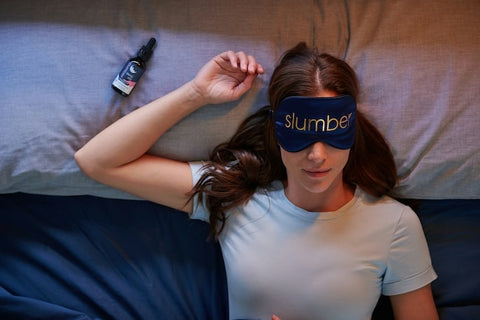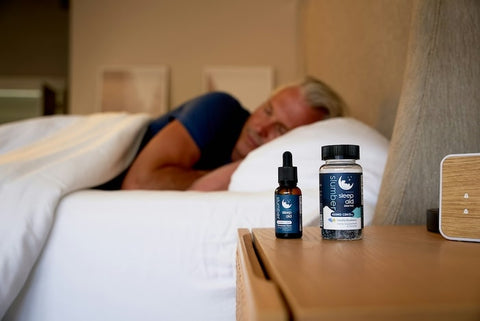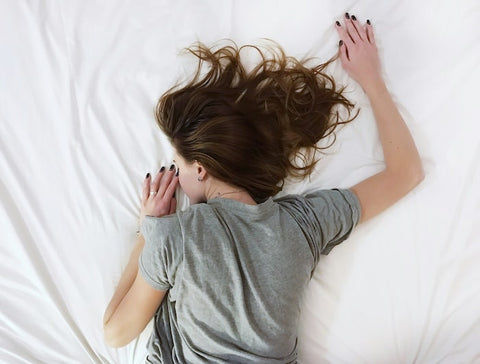Please note we can no longer guarantee Christmas delivery. We will dispatch your order as quickly as possible
- Home
-
Food & Drink
- Food Hampers
- Alcohol
- Hot Drink
-
Chocolate
- Chocolate Hampers
- Chocolate Boxes
- Chocolate Bouquets
- Personalised Chocolate
- Luxury Chocolates
- By Recipient
- American Chocolate
- American Chocolate Boxes
- American Chocolate Hampers
- Chocolate Birthday Hampers
- Chocolate Christmas Hampers
- Chocolate Hampers for Kids
- Chocolate Hampers for Him
- Chocolate Hampers for Her
- Sweet & Chocolate
- Luxury Hampers
- Corporate Hampers
- Pamper Hampers
- Sweets
- By Occasion
- By Recipient
- Home +
-
Food & Drink
+
- Food Hampers +
- Alcohol +
- Hot Drink +
-
Chocolate
+
- Chocolate Hampers
- Chocolate Boxes
- Chocolate Bouquets
- Personalised Chocolate
- Luxury Chocolates
- By Recipient
- American Chocolate
- American Chocolate Boxes
- American Chocolate Hampers
- Chocolate Birthday Hampers
- Chocolate Christmas Hampers
- Chocolate Hampers for Kids
- Chocolate Hampers for Him
- Chocolate Hampers for Her
- Sweet & Chocolate
- Luxury Hampers +
- Corporate Hampers
- Pamper Hampers
- Sweets +
- By Occasion +
- By Recipient +
- Sign in










